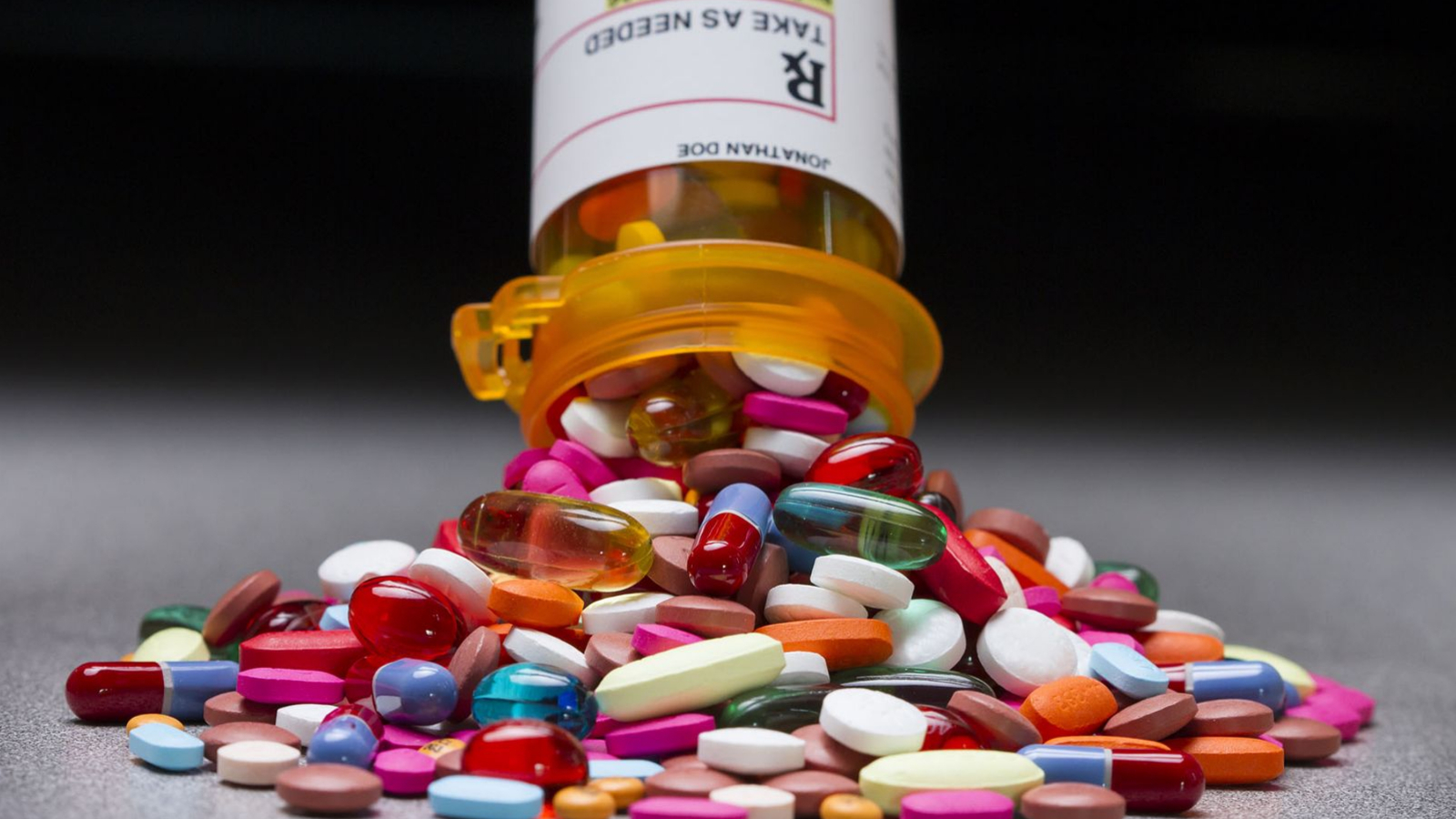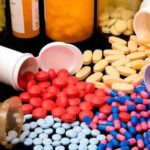The impact of the departure of GlaxoSmithKline’s (GSK) from Nigeria on August 3, 2023 is terribly being felt in the country’s pharmaceutical market as Nigerians have to grapple with as high as 1000 per cent increase in the prices of the company’s medicines ever since.
This development worsens the current situation given that about 90 percent of the medicines consumed in Nigeria are imported, according to the Health Federation of Nigeria (HFN).
Join our WhatsApp ChannelThis year alone, there has been about a 300 percent rise in the cost of sundry pharmaceutical products, owing to increased cost of importing raw materials occasioned by naira depreciation amid dollar scarcity, high import tariffs, and rising petrol and diesel prices.
The significant rise in the cost of these pharmaceutical products has sparked widespread concern among Nigerians, many of whom have expressed their frustrations on social media platforms.
Aside from the exit of GSK, a major player in the pharmaceutical industry, the other reason for the escalating prices is the galloping rate of inflation in Nigeria. According to the National Bureau of Statistics (NBS), Nigeria’s inflation rate as of October 2023 stood at 27.33 per cent, the highest recorded since August 2005.
READ ALSO: Rising Cost Of Drugs Takes Toll On Nigerian Patients As FX Scarcity Hits Hard
This persistent upward trend in inflation has been a key driver in the rising costs of various goods and services, including pharmaceutical products. The compounded impact of Nigeria’s increasing inflation rate and GSK’s withdrawal from the local market has had a substantial effect on the affordability and availability of medicines, posing significant challenges for healthcare in the country.
A visit to some pharmaceutical stores in Lagos already shows scarcity of GSK medicines. Where available, their prices have hit the roof as against the cost before the company’s withdrawal. For instance, Augmentin 625mg antibiotic drug which used to be sold for N3000-N4000 is now in the region of N20,000-N26,000. Seretide anti-asthma inhaler which had been selling for N6000-N8000 now goes for between N40,000 to N55,000.
READ ALSO: Rising Cost Of Drugs: Are Herbs Viable Option?
Meanwhile, Ventolin inhaler has now become a scarce drug just as GSK’s brand of Amoxil antibiotic capsules and suspension. This has grave implications considering that the BMC Infectious Diseases Journal says there is a significant prevalence of antibiotic use in Nigerian hospitals, estimated at 78.2 per cent.
The journal notes that antibiotics produced by GSK are among the most frequently prescribed due to their proven efficacy. As it were, the local market has seen at least 300 per cent rise in the prices of other pharmaceutical products.
The steep rise in prices of available medicines is essentially because these products are now imported. The cost of importing goods has soared, forcing importers to cut back on their inventories and raw material imports, and some of them have had to abandon their containers at the ports.
Reacting to the situation, president of HFN, Pamela Ajayi called on the federal government to urgently eliminate all taxes and duties and ensure people can bring in equipment for local drug production to flourish.
“The current challenge we have is with the devaluation of the naira and the fact that over 90 percent of the drugs we consume are imported. The crisis is real. We need to make sure people are encouraged to produce,” she said.
















Follow Us